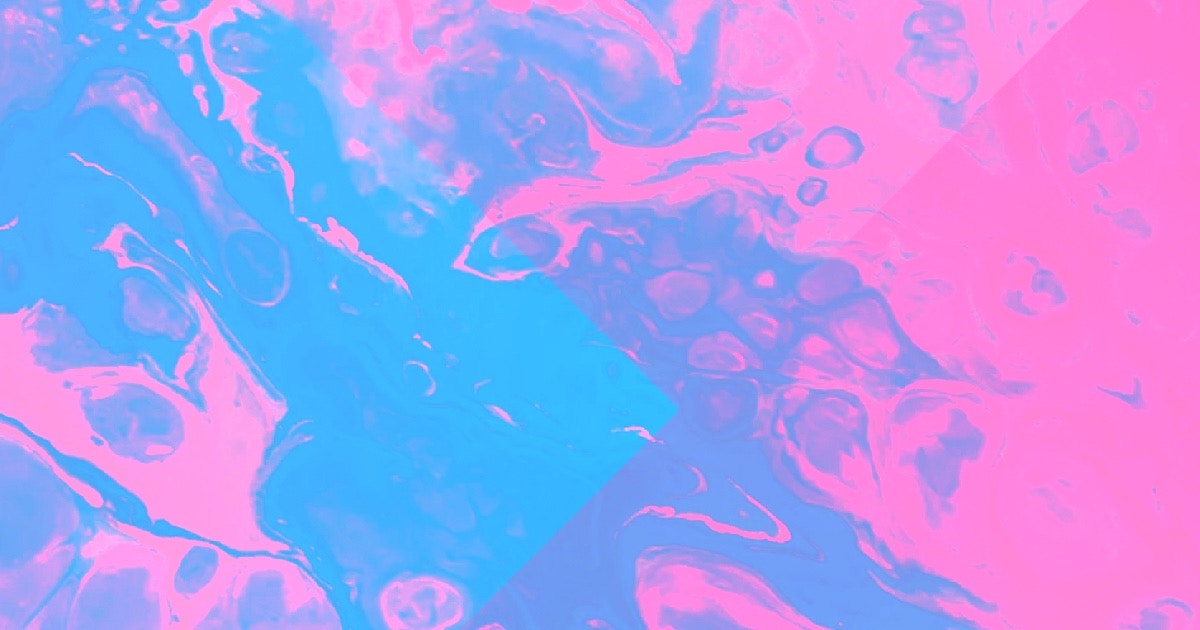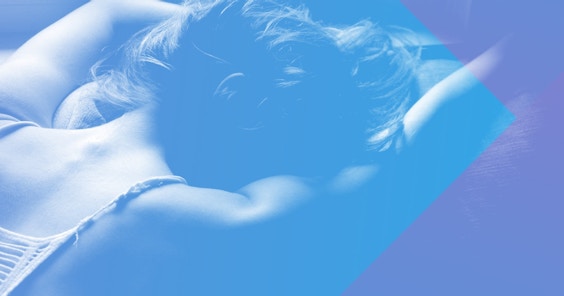I Am Sober is a free app that helps you get some control back in your life.

How Long Do Alcohol Cravings Last?
Last Updated: Tue, April 29, 2025Alcohol has been around for hundreds of years. Today, alcohol is something that is ingrained into most cultures. It is a staple at parties and society has normalized club culture, where people go out every weekend just to get drunk. However, nearly 8% of adults in the United States struggle with alcoholism. That’s nearly 14 million adults. Additionally, 3 million American teenagers between the ages of 14 and 17 are addicted to alcohol. Not only is it common to become addicted to alcoholism, but it is one of the hardest substances to quit. With that being said, over 30% of alcoholics recover. One of the main reasons that leads to relapse, however, is alcohol cravings.
What are cravings and why do I have them?
Cravings are biological, psychological, and oftentimes emotional, as well. However, the root cause of cravings can be explained down to chemical imbalances in the brain. When you use any drug- whether it’s alcohol or methamphetamine- it releases a surge of dopamine into your brain. Dopamine, nicknamed “the feel-good hormone” is a neurotransmitter that is responsible for sleep, learning, movement, mood, and attention. The presence of dopamine also triggers the brain’s reward center. When our brains feel a hit of dopamine, they have the urge to repeat the same action that caused the surge of dopamine in the first place. This is because dopamine makes us feel euphoric, blissful, motivated, and concentrated.
From this explanation, extra dopamine may not seem like such a bad thing. However, when our brains are flushed with too much dopamine, we experience dopamine deficiency after the substance is out of our system. Dopamine deficiency can cause muscle soreness, spasms, constipation, balance issues, low energy, sleeping issues, fatigue, depression, mood swings, delusions, and more. This is exactly why we experience cravings. The feelings of dopamine deficiency make our bodies crave for dopamine. Therefore, when we experience cravings, our bodies seem to be craving for a specific drug that we used to use, but this isn’t the case. However, dopamine deficiency is not simply a short-term problem. For those who use drugs regularly, constant surges of dopamine change the way the brain absorbs the chemical. Our brains typically produce dopamine regularly and in normal amounts. However, when our dopamine levels are constantly peaking and dropping, our brain becomes unable to absorb dopamine in normal amounts. Therefore, it is in a constant state of dopamine deficiency.
Are cravings a normal part of withdrawal?
Yes, absolutely! Remember that withdrawal- and all of its symptoms, including cravings- is the body’s natural reaction when we stop using a substance that our body was dependent on. The vast majority of people who stop drinking experience cravings. It’s very rare for someone to never crave a substance that they were once addicted to. Cravings can feel absolutely unbearable. When a formerly addicted person experiences cravings for alcohol, the feeling can become all-consuming. It may be the only thing they can think about. However, as intense as these cravings can be, the feeling always passes if they don’t drink again.
When will my cravings stop?
We surveyed the users of our app to find out how long most people struggle with alcohol cravings. The majority of people stated that their cravings were worst after 5-7 days without drinking. However, it’s not uncommon for cravings to last up to two weeks. Remember that the severity and length of cravings is dependent upon a multitude of factors including how much someone typically drank, how often they drank, when they first started drinking, their weight, their genetics, and more.
Will my cravings ever come back?
Some people in recovery from alcoholism experience intense cravings for a few weeks and then never again. Others may experience no cravings for a short period of time and then have intense cravings months or years later. Everybody can experience cravings differently. However, there is scientific evidence to show that it’s possible for cravings to resurface even years after someone stopped drinking. This is due to the metabolites that may still be present in your body, even after all this time.
After someone drinks alcohol, the body breaks the substance down into chemicals. Most of these chemicals are then flushed out of the body through urine, feces, or sweat. However, some of these chemicals- called metabolites- get lodged in fatty tissues in the body and remain stuck. When someone goes through a stressful or traumatic experience, these metabolites become dislodged from the fatty tissues and enter back into the bloodstream. The presence of these metabolites in the bloodstream can also cause cravings.
Will drinking again help stop my cravings?
Yes, but that’s not the best course of action. By drinking again, you will be able to stop cravings momentarily by giving your brain the surge of dopamine that it craves. However, drinking again will only put you back in the vicious cycle of addiction, substance use, and cravings. The only way to beat cravings for good is to stop drinking indefinitely and follow some of the tips listed below.
What are some tactics I can use to fight cravings?
When detoxing from alcohol, cravings are both normal and extremely common. However, that doesn’t mean that there’s nothing you can do to help yourself. It’s crucial that you do everything you can to address your cravings in a healthy and proactive manner. Experiencing bad alcohol cravings during withdrawal is one of the main causes of relapse. There are several different ways to help combat cravings. Here are some of the most effective craving-fighting techniques:
-
Cognitive Behavioral Therapy (CBT): CBT is an interactive form of therapy that provides several useful solutions to coping with cravings. Some of these solutions are redirection, distraction, and visualization.
-
Distraction: Cravings don’t last forever. If you are able to distract yourself when you feel cravings coming on, the feelings will be gone before you know it!
-
Self-care: Treat your body well. Eat healthy foods, get regular exercise, stay hydrated...all of these things will help you feel better about yourself and remind you why you quit drinking alcohol in the first place. Then, when the cravings come, you’ll love your new life way too much to go back to your old one.
-
Avoiding triggers: Everyone has their own triggers. The first step is to identify what triggers a craving and then actively avoid those triggers.
-
Become involved in a 12-step fellowship: 12-step fellowships have been keeping people clean and sober for almost 100 years. Their method of getting and staying sober has proven to be effective time and time again. When you are involved in a 12-step fellowship, you have a method of recovery and a support system comprised of people who know exactly what you’re going through.
-
Ride out the feelings: As we mentioned before, cravings don’t last forever. When you learn to accept your cravings- as scary as that may be- it can actually help you heal. When you accept the cravings and ride out the feelings, you will see that they are just that- feelings. And feelings aren’t permanent. By going with the craving, you will feel it peak and then pass.
-
Play the tape all the way through: When you feel a craving coming on, it can be all too easy to romanticize your drug use. Don’t do that! Instead, image what would happen if you drank alcohol again- and play the tape all the way through. Remember what your rock bottom felt like and how terrible the initial detox was. By doing this, you will remember the bad parts about drinking and will be less inclined to act on any cravings.
-
Use medication: While there are several medications used to help people survive alcohol withdrawal, there is only one that is used specifically to stop alcohol cravings. It’s called Campral. Campral is typically prescribed in three time-released capsules daily for up to 12 months. While doctors don’t completely understand how or why Campral is effective at fighting cravings, it’s thought to improve dopamine imbalance in the brain.
Note: Make sure you talk to a doctor first before using any new medications.
If you are suffering from alcohol cravings, just know that you aren’t alone. Millions of people around the world know exactly how you feel. When someone drinks too much alcohol or too often, their body becomes dependent upon the surge of dopamine to the brain. Cravings are simply the body’s natural response to alcohol dependency- as well as the absence of alcohol. While alcohol cravings can seem unbearable in the moment, it’s possible to overcome them. If you are trying to get sober from alcohol, first of all- congratulations. Second, be sure to do so under the supervision of a doctor, as alcohol withdrawal can be fatal. However, recovery is not only possible, but probable if you seek out professional help. When it comes to alcohol cravings, try some of the tips listed above.
Other sources:
I Am Sober is a free app that helps you get some control back in your life.




